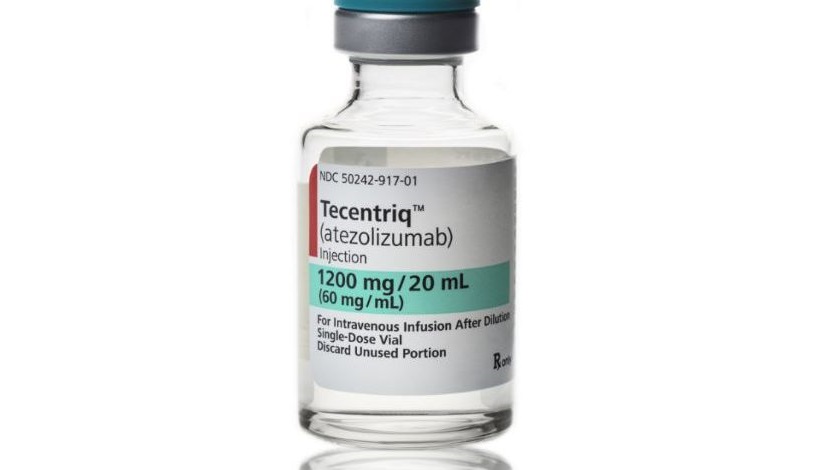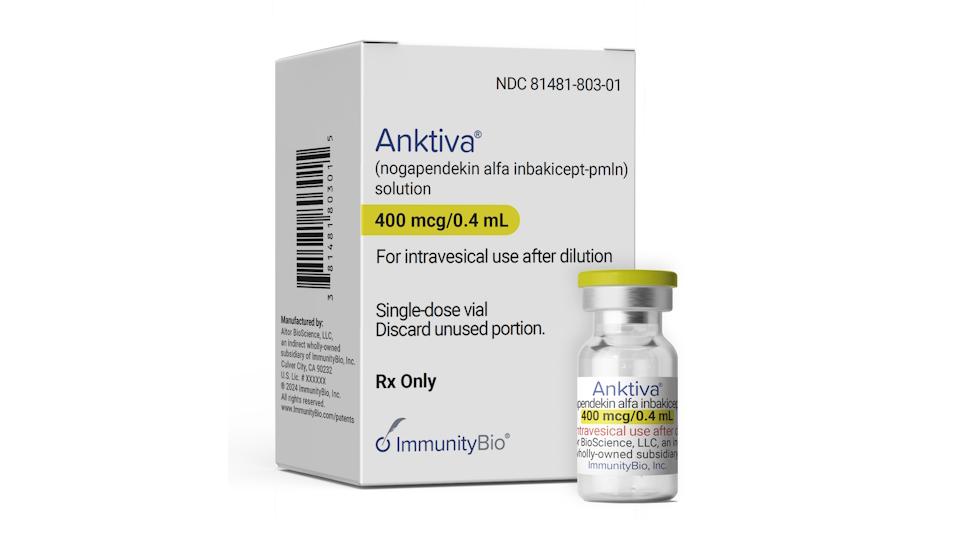Roche files Tecentriq, Avastin combo as a liver cancer therapy

Roche has filed for approval of a two-drug combination of its Tecentriq and Avastin drugs in previously-untreated hepatocellular carcinoma (HCC), the most common form of liver cancer, in the US.
The new filing is based on the IMbrave150 trial, first reported last year, which showed that the combination improved overall survival by 42% compared to Bayer’s Nexavar (sorafenib) when given as a front-line therapy for HCC patients who aren’t eligible for surgery.
Roche hasn’t given a timeframe for the FDA’s review, but says the application is being handled under the regulator’s Real-Time Oncology Review pilot scheme, which aims to approve promising new therapies as quickly as possible.
The combination of PD-L1 inhibitor Tecentriq (atezolizumab) and anti-VEGF drug Avastin (bevacizumab) already has a breakthrough designation from the FDA as a treatment for first-line HCC treatment.
If approved, the Tecentriq/Avastin regimen would be the first therapy to extend survival in first-line HCC treatment for more than a decade, according to Roche.
HCC could be an important new indication for Tecentriq as it tries to catch the leaders in the PD-1/PD-L1 inhibitor category, such as Merck & Co/MSD’s Keytruda (pembrolizumab) and Bristol-Myers Squibb’s Opdivo (nivolumab).
The filing is also a milestone in Roche’s efforts to position Tecentriq/Avastin as a cornerstone combination therapy for various cancer types.
The regimen is already approved for previously-untreated non-small cell lung cancer (NSCLC) without EGFR or ALK mutations, and alongside chemotherapy for non-squamous NSCLC tumours that test positive for those biomarkers.
Meanwhile, Roche has reported positive results in other indications such as melanoma and renal cell carcinoma, although the company pulled a marketing application in RCC after regulator pushback over the strength of the data.
Bladder cancer disappointment
News of the filing came shortly after Roche was hit by disappointing results for Tecentriq in another form of cancer – muscle-invasive urothelial cancer (MIUC).
MIUC is a type of bladder cancer in which the tumour has spread into the muscle wall of the bladder but not yet to other parts of the body.
The results of the IMvigor010 trial of Tecentriq as a monotherapy in this indication dent Roche’s hopes of expanding the role of its drug in bladder cancer, and come after it also failed to move the needle in non-muscle invasive bladder cancer (NMIBC).
The latter failure was a particularly heavy blow for Roche as it allowed Keytruda to leapfrog Tecentriq and claim FDA approval for NMIBC.
Tecentriq is currently approved as a second-line therapy for locally advanced or metastatic urothelial carcinoma after platinum-based chemotherapy, and as a first-line option for patients with this type of cancer who are ineligible for chemo, and whose tumours express the PD-L1 biomarker.












